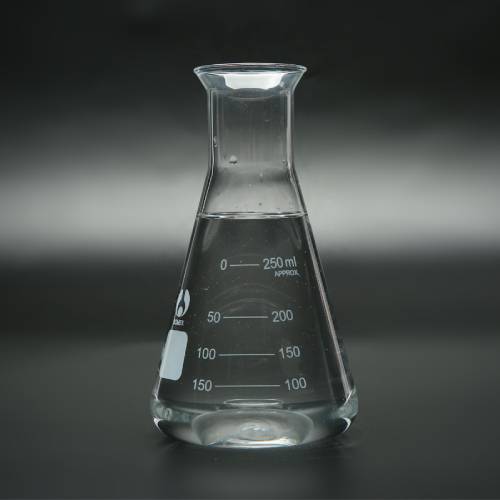Sulfuric acid is the most widely produced chemical in the world, simply because it has so many uses. Sulfuric Acid Suppliers will examine several major uses for sulfuric acid, including its use as a fertilizer, cleaning products and batteries.
What is sulfuric acid?
Uses of Sulfuric Acid
The importance of sulfuric acid in agriculture
Sulfuric Acid in Batteries
Domestic Products Sulfuric Acid
Steel manufacturing
Other Uses of Sulfuric Acid
Sulfuric acid is a strong inorganic acid composed of sulfur, hydrogen and oxygen. It has a strong odor and is an extremely corrosive, oily, clear liquid. It should always be handled with care, even in diluted form. When diluted with water, it gives off heat in an exothermic reaction.
Sulfuric Acid is used in some way in the production of almost all manufactured products. It has a wide range of uses in the agricultural, chemical, automotive and steel industries

Sulfuric Acid
About half of the world's sulfuric acid is used in agriculture, especially in the fertilizer industry. Sulfuric acid is used exclusively in the manufacture of phosphate fertilizers, such as calcium lime superphosphate and ammonium sulfate.
All industrialized countries use sulfuric acid in this way. It is inherent in modern farming methods because when it is used to produce ammonia fertilizer, it increases crop yields, which essentially means that farmers can earn more by producing more crops. It also produces highly nutritious crops. As developing countries become more industrialized, they in turn will have a greater demand for sulfuric acid.
High power batteries work on the chemical reaction between sulfuric acid and lead. When these two materials interact, sulfuric acid acts as the electrolyte and together they produce the electrons needed for the battery to be able to generate voltage.
Batteries made in this way are commonly used in automobile engines, hospital imaging equipment and agricultural equipment. Due to the nature of the chemical reaction, inert compounds are produced. This means that the batteries are limited in use and will eventually be depleted.
Due to its corrosive nature, sulfuric acid is often found in household cleaning products. Sulfuric acid is highly corrosive, making it ideal for cleaning particularly dirty surfaces, such as toilets.
It is also ideal as a drainage detergent, as it breaks down organic substances such as hair and grease. As we've seen, sulfuric acid generates heat when it comes in contact with water, which helps cut off clogged drains. Be careful not to let it come into contact with your skin - sulfuric acid should always be handled with care.
Other household products also contain sulfuric acid, such as laundry detergent, soap and dishwashing liquid, and even some cosmetics.
Sulfuric acid is used in the processing of iron, copper and steel to clean the metal and prevent oxidation before tin or zinc plating. This is called "pickling". Two examples of sulfuric acid used in this way are the manufacture of food cans and the supply of the correct metal for sale in the automotive industry.
We've only scratched the surface of the uses of sulfuric acid - the article isn't long enough to cover them all! These are just a few of its other uses:
Chemical manufacturing: Sulfuric acid is often used as a raw material for the production of other chemical solutions such as hydrochloric acid, phosphoric acid, nitric acid and sulfates
Laboratory testing and analysis
Petrochemical refining: Sulfuric acid is used as a catalyst to "remove impurities" from gasoline and other refined oil products
Paper manufacturing
Textile manufacturing: sulfuric acid is used to produce rayon, a semi-synthetic, breathable material ideal for use in hot, humid countries
We also offer Hydrochloric Acid, please feel free to contact us if you need it.